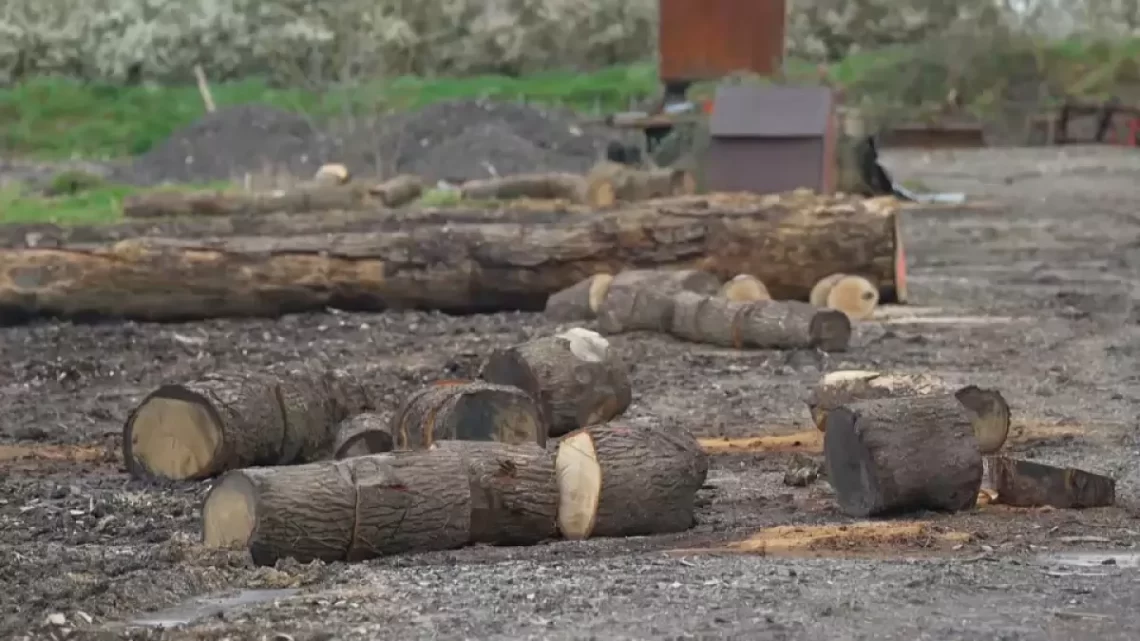
Ecological Disaster in IIOJK: A Road Project Unveils Massive Scam
July 1, 2024 Off By Sharp MediaA massive scam has emerged in the Handwara-Bangus road project, leading to the uprooting of over 25,000 trees and medicinal plants in the Rajwar Forests of occupied Indian-illegally occupied Jammu and Kashmir. This ecological disaster exacerbates the region’s vulnerability to climate change, already heightened by the felling of apple orchards and forests by the Indian army and timber mafia.
Advocate Rasikh Rasool’s petition to the Green Tribunal has brought to light the illegalities, corruption, and collusion between forest authorities and India’s construction company involved in the project. The scam includes the misuse of road funds and the involvement of politically connected subcontractors. This corruption not only deprives the local community of their livelihoods but also contributes to severe environmental degradation, including deforestation, soil erosion, landslides, and decreased biodiversity.
The destruction caused by the Handwara-Bangus road project underscores the urgent need for accountability and sustainable development in the face of climate change. The loss of 25,000 trees and medicinal plants is a significant blow to the region’s ecosystem, affecting both the environment and the local population that depends on these resources.
As the world fights the climate change, the situation in Indian-illegally occupied Jammu and Kashmir calls for immediate attention. The cutting of trees and destruction of forests for projects like the Handwara-Bangus road project reflect a disregard for environmental sustainability. This approach not only harms the environment but also undermines the livelihoods of those who depend on these natural resources.
The collusion between forest authorities and construction companies reveals a deep-seated issue of corruption that needs to be addressed. The misuse of funds and the involvement of politically connected subcontractors highlight the need for stricter regulations and oversight to ensure that development projects do not come at the cost of environmental destruction and community well-being.
The ecological damage inflicted by the Handwara-Bangus road project is a stark reminder of the importance of sustainable development practices. Protecting the environment should be a priority, especially in regions like Jammu and Kashmir, which are already vulnerable to the impacts of climate change. Sustainable development ensures that progress does not compromise the health of ecosystems or the livelihoods of local communities.
Immediate action is required to hold Indian government accountable and to implement measures that promote sustainable development. This includes re-evaluating current projects, enforcing environmental regulations, and involving local communities in decision-making processes. Only through a collaborative and responsible approach can the ecological balance be restored and future environmental disasters be prevented.
To conclude, the Handwara-Bangus road project scam highlights the critical need for transparency, accountability, and sustainability in development practices. The destruction of forests and ecosystems in Indian-illegally occupied Jammu and Kashmir serves as a wake-up call to prioritize environmental protection and sustainable development in the face of climate change.

